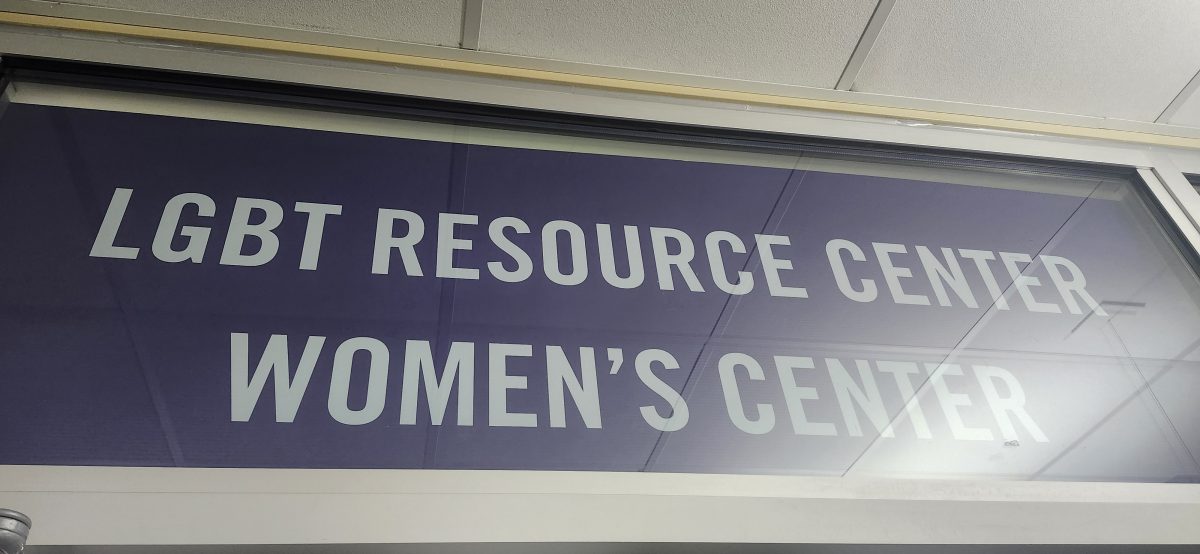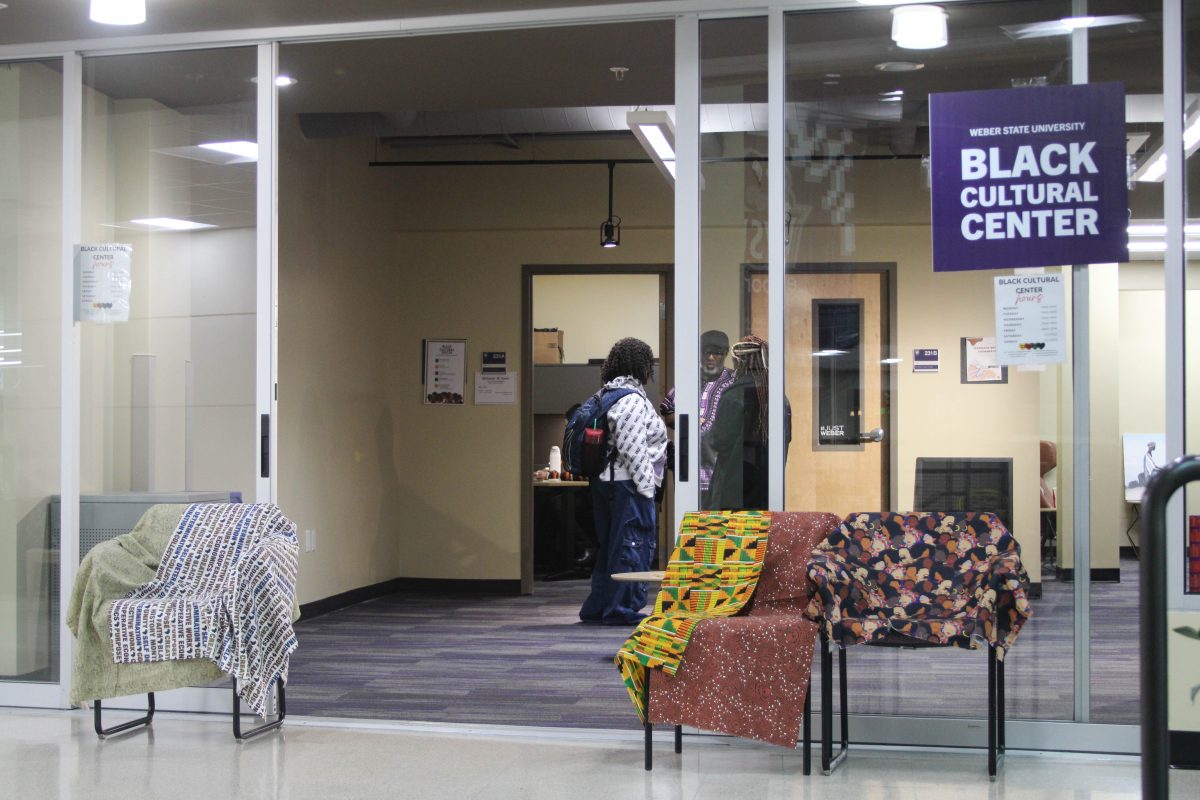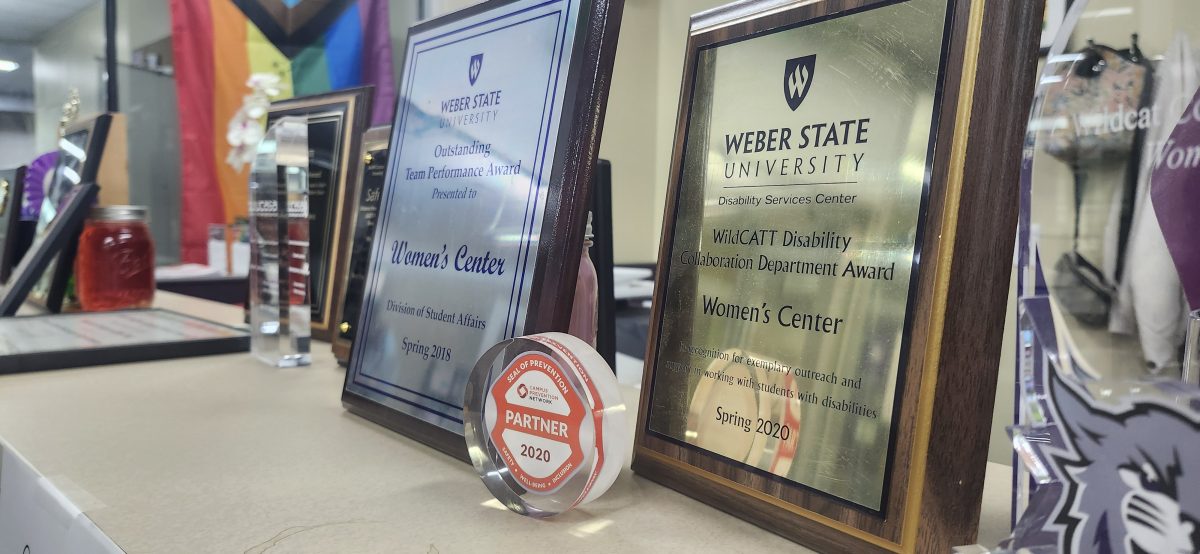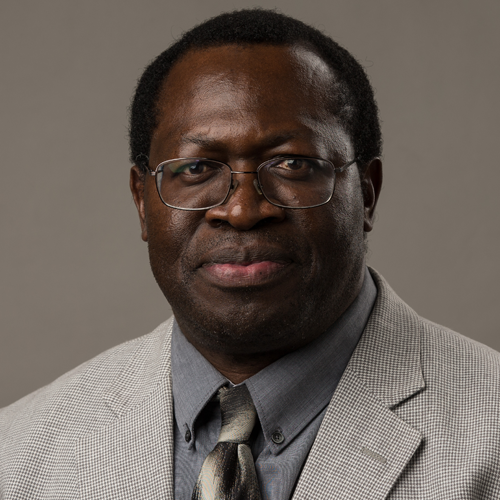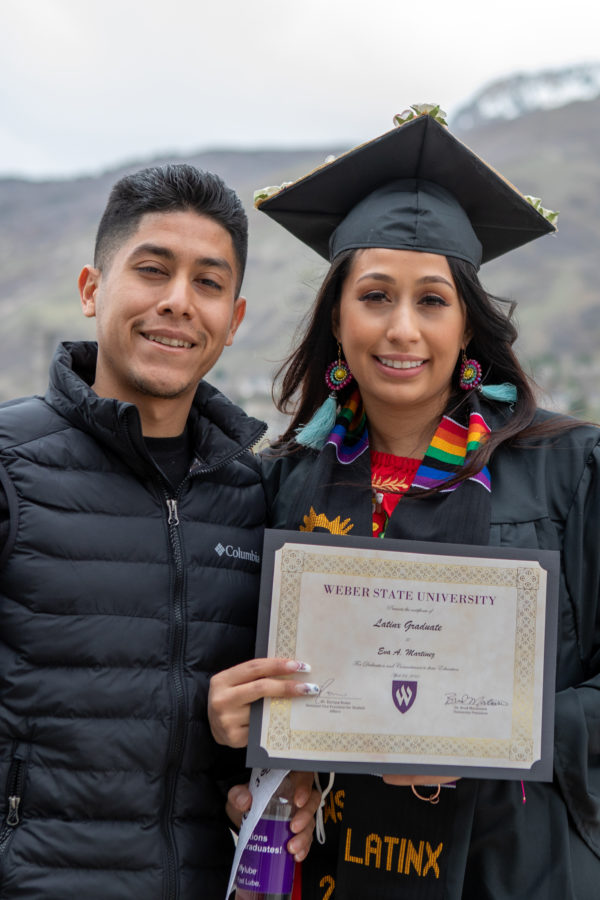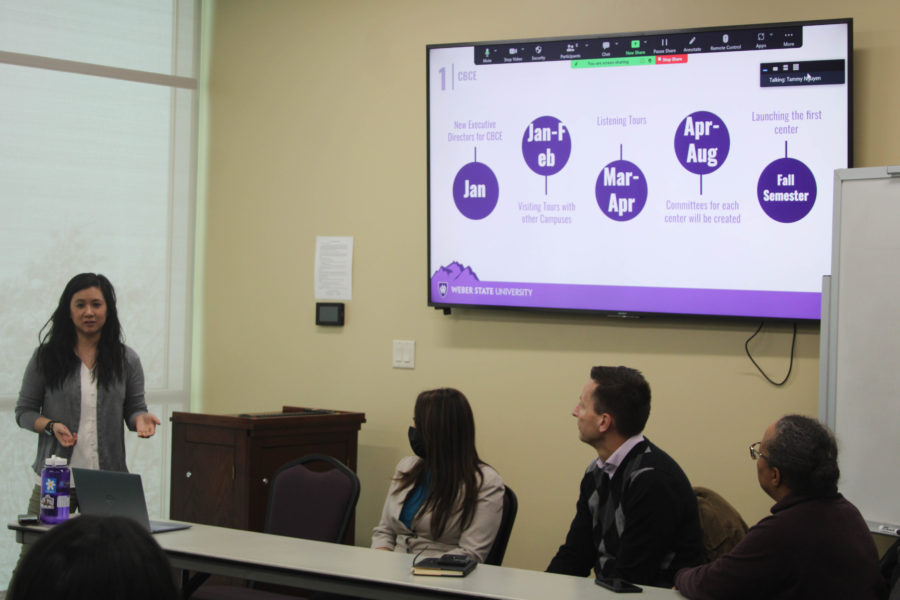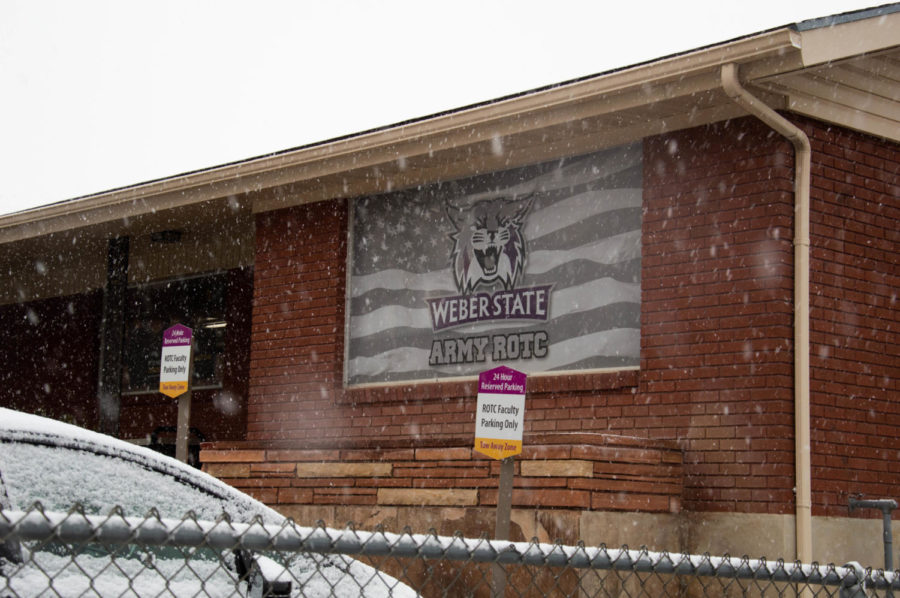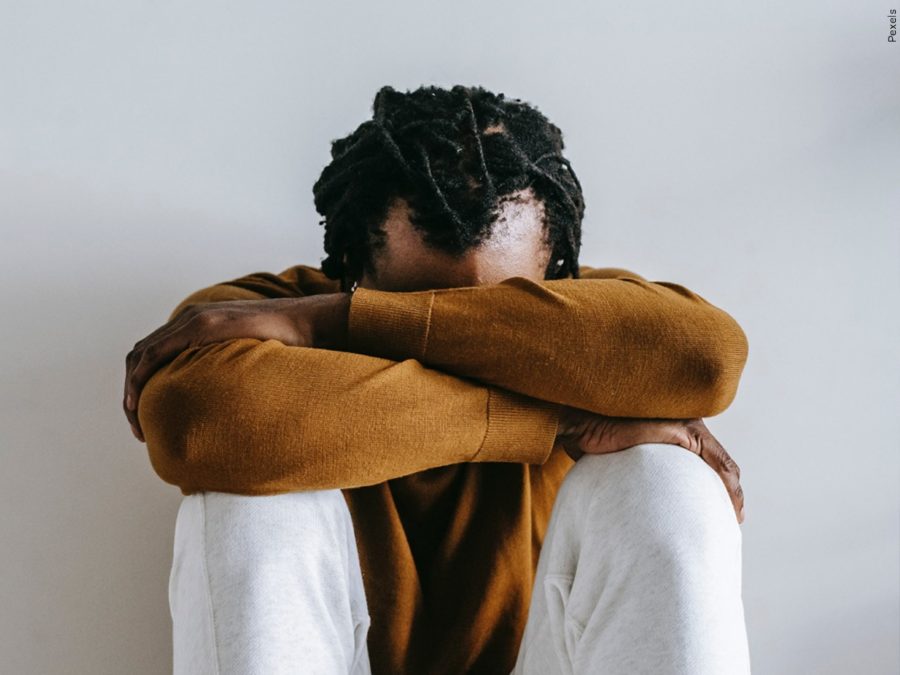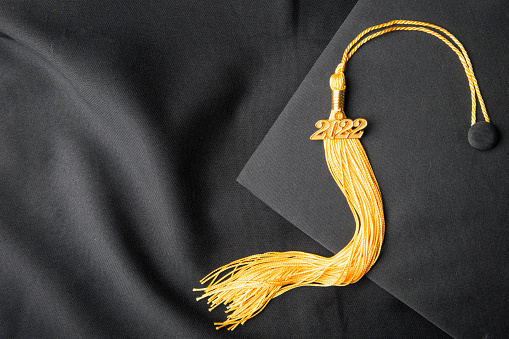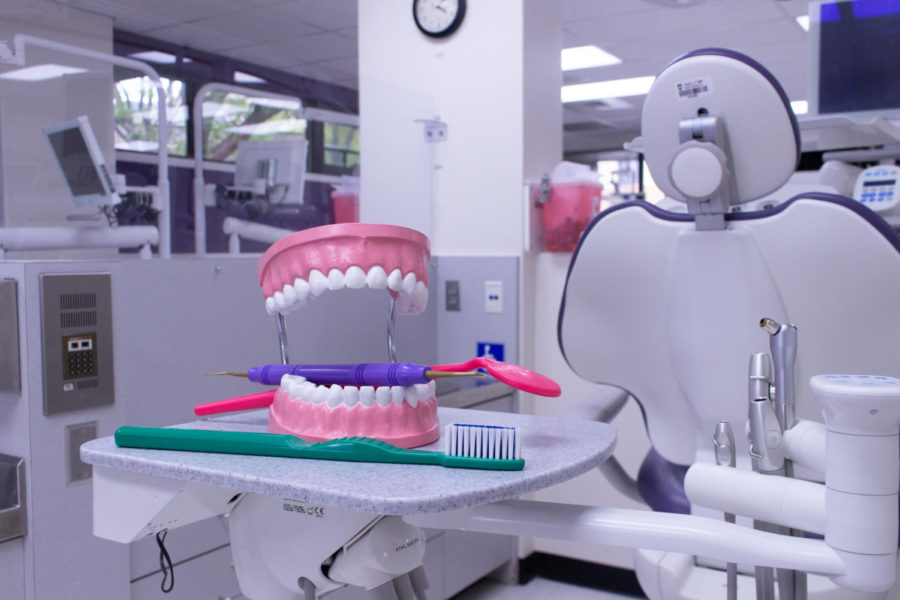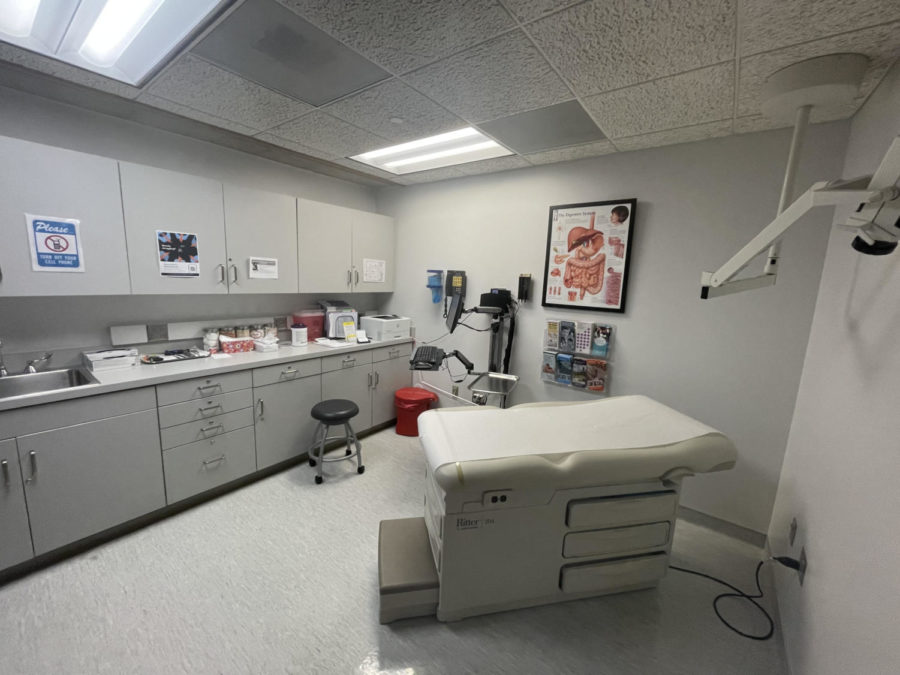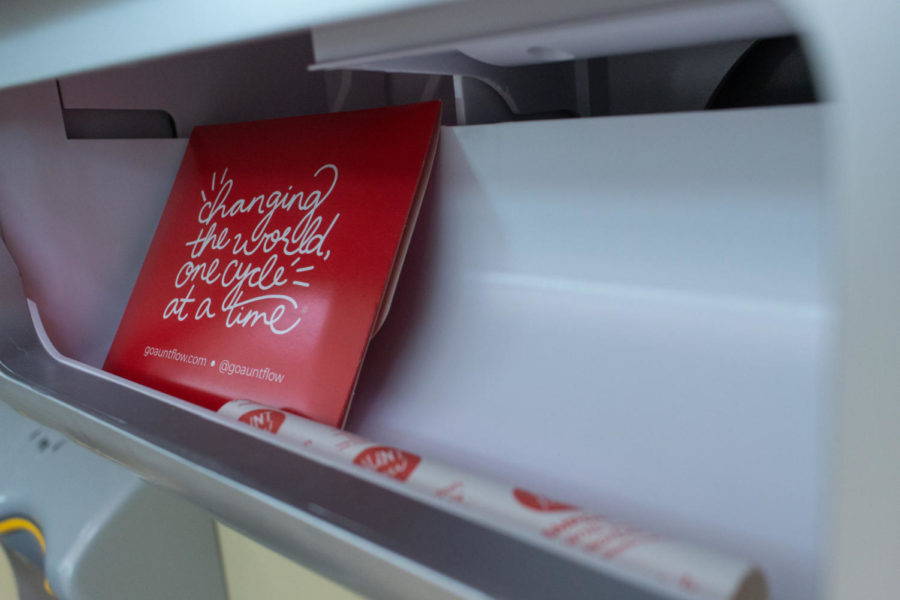The Weber State Human Rights club, also known as Amnesty International, joined with Catholic Community Services to create a presentation on refugee resettlement in Ogden on Feb. 22 in Lindquist Hall.
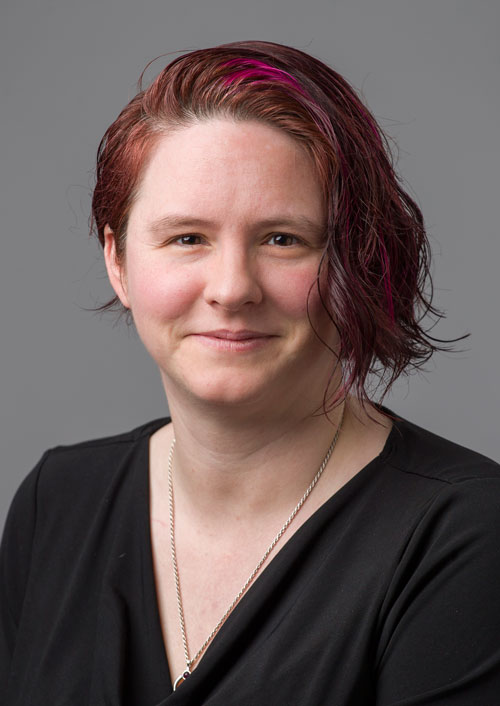
The presenters included Stephanie Wolfe, the adviser for Amnesty International, Jennifer Gnagey, from CCS and Hakim Kambale, a current student and refugee, who all joined together to talk about volunteer opportunities.
Wolfe shared information and statistics from various sites, including the United Nations High Commissioner for Refugees. The website states there are “26.6 million refugees in the world — the highest ever seen.” Wolfe discussed some of the differences between refugees, internally displaced people, asylum seekers and migrants. UNHCR defines refugees as “people who have fled war, violence, conflict or persecution and have crossed an international border to find safety in another country.”
Many refugees are unable to return to their native lands due to safety.
“They are in danger if they go home,” Wolfe said.
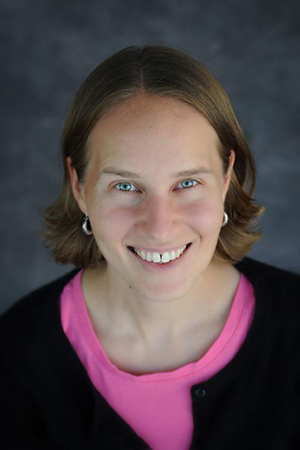
Kambale shared his story as a refugee. He is originally from the Congo, but during the war, his parents were killed and his siblings were separated. They became refugees in Uganda. Kambale has been in the United States for about six years and spoke of the challenges of starting over.
“It’s hard to have a life. It’s not easy,” Kambale stated.
Kambale said refugee programs like Catholic Community Services were helpful in assisting them.
Gnagey has worked in several different positions of the refugee resettlement program in the Ogden area through CCS, including in 2016 when Kambale, among several other refugee families, were resettled in Ogden.
There were discussions of recent factors that limited the cap of refugees entering the United States during the Trump administration and the pandemic, but Gnagey said “we’re back at a rate of about 1,200 refugees per year in Utah.”
CCS and Amnesty International offer opportunities to volunteer and help with refugee resettlement. Some of the positions within CCS are longer-term volunteer opportunities, one example being family mentors.
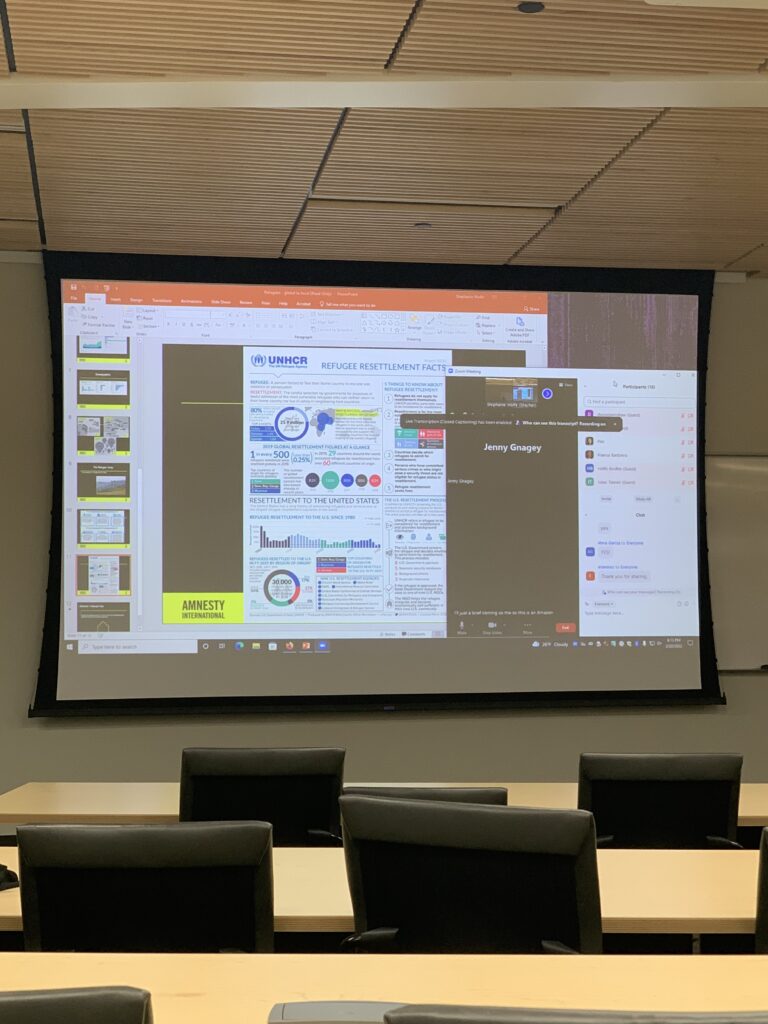
“These are people that make a commitment to, usually as a group around four or five adults, to visit and spend time with the family 2-4 hours a week,” Gnagey said.
Other positions may include refugee youth tutors, warehouse volunteers and the food pantry. To find out more about volunteering, see ccsutah.org/get-involved/volunteer.
Another way to find out more about volunteer opportunities is by joining the WSU Human Rights Club, which meets on Thursdays at 12:30-1:20 p.m. in room 124 of Lindquist Hall.
To find out more about the club or to get on their mailing list, contact Stephanie Wolfe, the club adviser, at [email protected], or Floricela Anguiano, club president, at [email protected]. The club’s Weber page is currently under construction, but more information can be found on their Facebook page, WSU Amnesty International.



